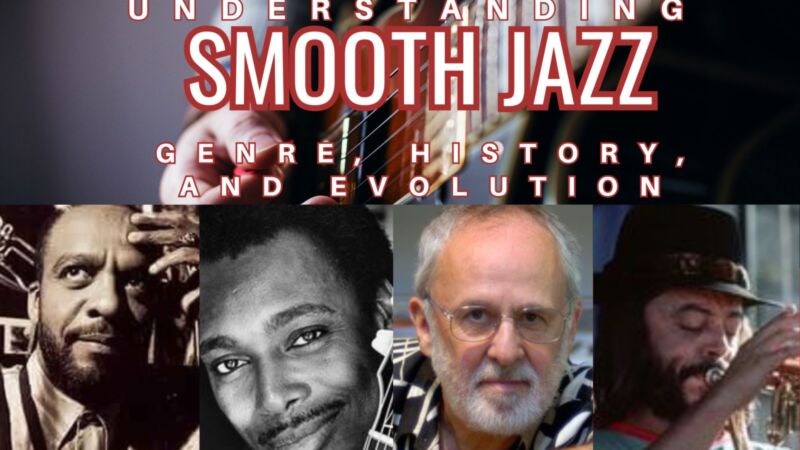Smooth Jazz is a highly structured, melodically-focused subgenre that differs significantly from traditional and Jazz Fusion by prioritizing accessibility, polish, and mood over complex improvisation or harmonic risk-taking. Smooth Jazz distinguished itself from Jazz Fusion because Fusion, while also blending jazz with rock, funk, and R&B, retained the high energy, technical virtuosity, and experimental approach of traditional jazz improvisation Smooth Jazz, conversely, emerged as a highly commercial offshoot of Fusion in the early 1980s, driven by the need for a radio-friendly, "easy listening" sound that emphasized a simple, memorable melody (often played by a featured solo instrument like a saxophone or guitar) backed by a relaxed R&B or pop groove. The name "Smooth Jazz" was reportedly coined directly from radio marketing efforts in the late 1980s to denote this "smoothed out," undemanding style, making it a distinct brand from the more challenging "Fusion."Instrumental Smooth Jazz began to take off in the mid-to-late 1970s as a natural progression from the commercial success of jazz-funk and crossover artists. The early pioneers of this accessible, instrumental sound include artists like: Grover Washington, Jr. (whose 1975 hit "Mister Magic" and 1981 collaboration "Just the Two of Us" became foundational tracks). Bob James (known for his relaxed keyboard grooves like "Nautilus," 1974). George Benson (whose 1976 cover of "Breezin'" achieved massive crossover success). Chuck Mangione (with his 1977 hit "Feels So Good"). The new generation of musicians often approaches this music by embracing its sonic aesthetic while injecting influences from modern R&B, Neo-Soul, Gospel, and Hip-Hop production techniques. They leverage digital platforms for distribution and often collaborate with vocalists, continuing the genre's tradition of blurring lines between instrumental pop and jazz. While traditional jazz circles often criticize the genre for lacking the improvisational depth of the masters, its continuation highlights its successful role as a popular, relaxing, and groove-oriented form of instrumental music.

